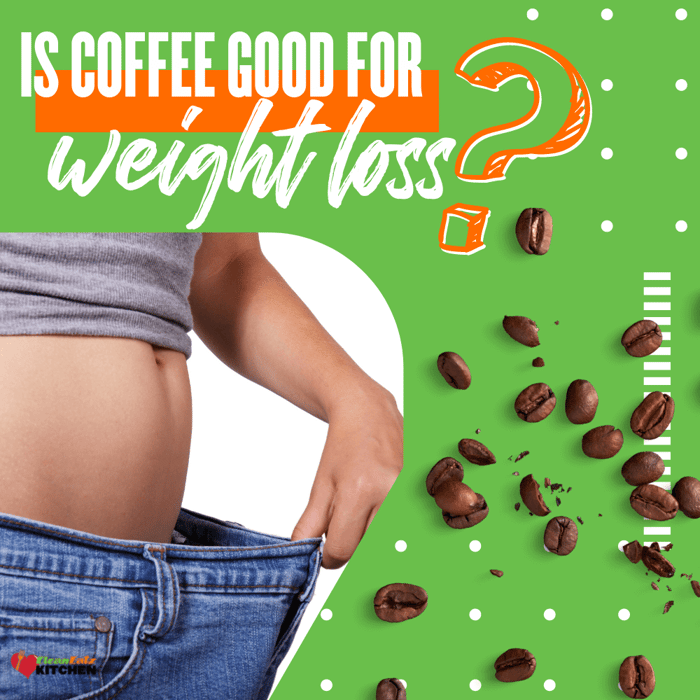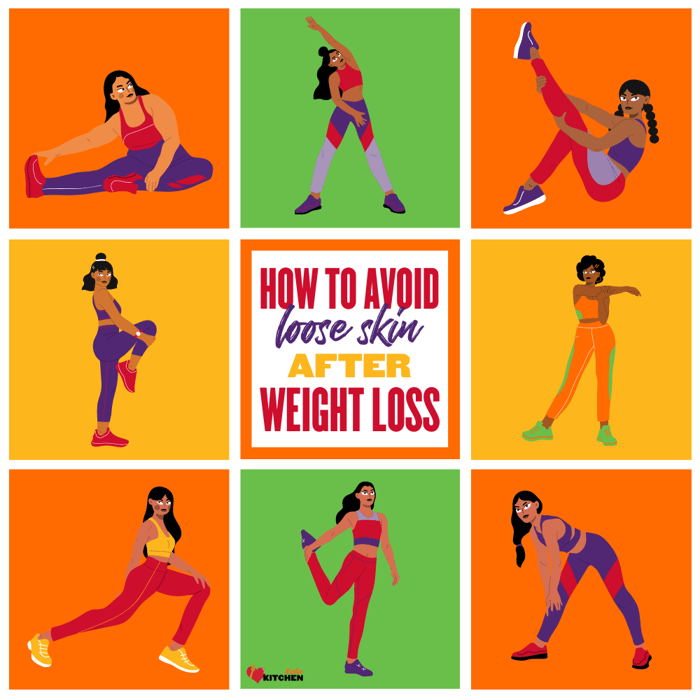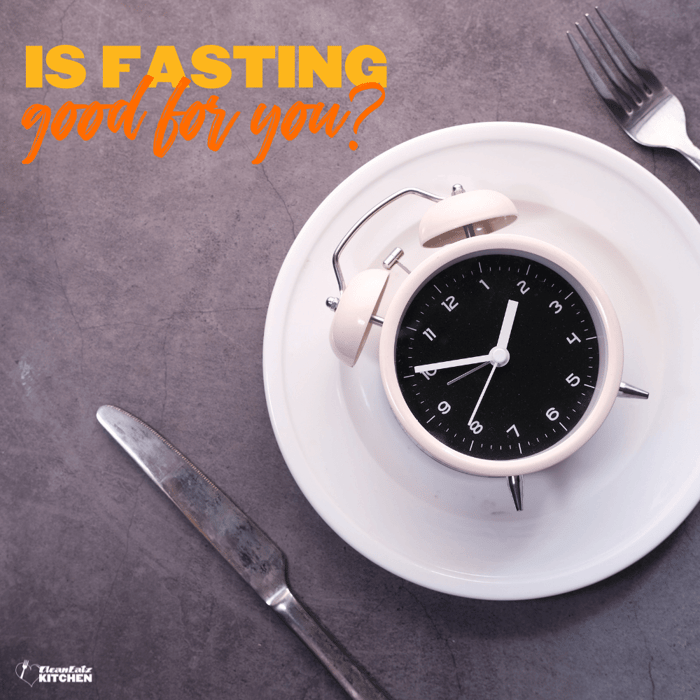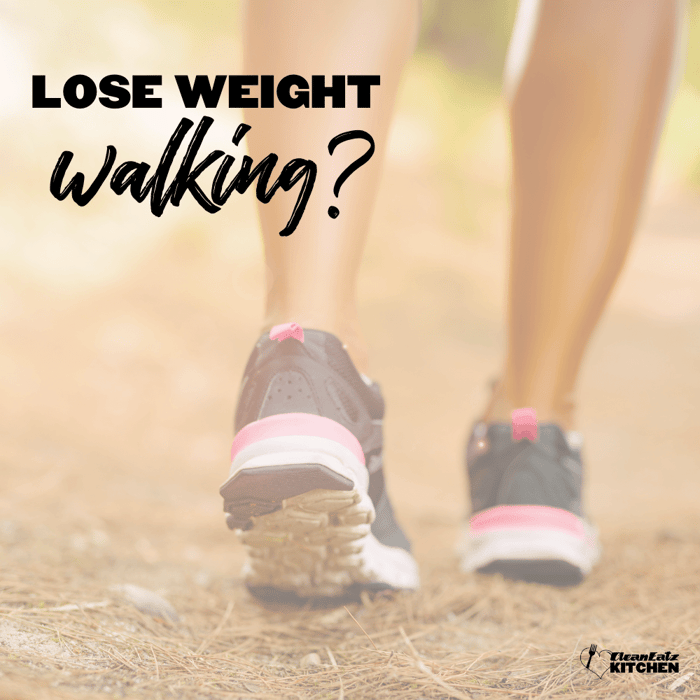Is Coffee Good For Weight Loss?

Ellie Lopez, LDN, MS
Nutrition
|
Weight Loss
01/02/2026 7:20pm
6 minute read
Quick Answer: Yes, but not how you might think. Coffee itself won't melt fat off your body. What it can do is replace higher-calorie drinks, give you a small metabolic nudge, and help you push harder during workouts. The catch? Load it with sugar and syrups and you'll undo any benefit. Keep it black or close to it, and coffee fits nicely into a weight loss plan.
The Honest Truth About Coffee and Weight Loss
Here's the thing about coffee and weight loss: people want it to be a magic bullet, and it's just not. But that doesn't mean it's useless either.
A cup of black coffee has about 2 calories. That's it. So if you're currently drinking a 300-calorie mocha every morning, switching to black coffee saves you nearly 2,100 calories a week. That alone could mean losing a pound every couple of weeks without changing anything else.
Caffeine does have real metabolic effects. Research shows it can temporarily increase your metabolic rate and promote fat oxidation—your body's ability to break down stored fat for energy. However, these effects are modest and tend to diminish with habitual use as your body builds tolerance.
Where coffee actually shines is as a workout booster. Caffeine is one of the most studied and effective ergogenic aids out there. Have a cup 30-60 minutes before training and you'll likely push harder and last longer. More effort means more calories burned. That's a real, practical benefit.
What the Research Actually Shows
The best evidence we have comes from a 2023 Harvard study that followed over 150,000 people across three decades. The findings were interesting but humbling.
Adding one cup of unsweetened coffee per day—caffeinated or decaf—was associated with about 0.12 kg less weight gain over four years. That's roughly a quarter pound. Not exactly dramatic, but it adds up over time and it's moving in the right direction.
The more important finding? Adding just one teaspoon of sugar to your daily coffee was linked to weight gain of about 0.09 kg over the same period. In other words, the sugar cancels out any benefit from the coffee itself.
Cream and milk, surprisingly, didn't show the same effect. Adding dairy to your coffee wasn't significantly linked to weight gain. So if you need a splash of half-and-half to enjoy your morning cup, you're probably fine. It's the sugar and flavored syrups that get people into trouble.
When Coffee Works Against You
Coffee can absolutely backfire on your weight loss efforts. Here's how:
The obvious one is calorie creep. A grande Caramel Frappuccino from Starbucks packs around 420 calories. Drink one daily and you're adding nearly 3,000 calories a week—enough to gain almost a pound. That "coffee" is really a milkshake with caffeine. Another factor is timing and individual sensitivity. In some people—especially when coffee is consumed on an empty stomach—it may increase cortisol levels and lead to increased appetite or reactive hunger later in the day
Less obvious but just as important: sleep disruption. Caffeine has a half-life of about 5-6 hours, meaning if you have a cup at 3 PM, half that caffeine is still in your system at 9 PM. Research shows that caffeine consumed even 6 hours before bed can reduce total sleep time.
Why does this matter for weight loss? Poor sleep messes with your hunger hormones. It increases ghrelin (which makes you hungry) and decreases leptin (which tells you you're full). Studies show that people who sleep poorly lose less fat and more muscle when dieting, even at the same calorie intake. So that afternoon coffee that keeps you up could be undermining your entire weight loss effort.
How to Make Coffee Work For You
The formula is pretty simple. Drink it black or close to black. Have it in the morning or early afternoon. Use it strategically before workouts when you want an extra edge.
If you can't do black coffee, that's fine—add a splash of milk or cream. The research suggests that's not a problem. What you want to avoid is the sugar, the pumps of vanilla syrup, the whipped cream, the caramel drizzle. Every addition is extra calories that add up fast.
If you need sweetness, try a zero-calorie sweetener or a dash of cinnamon. It takes some adjustment, but most people find they actually prefer less-sweet coffee once they get used to it.
The FDA says 400 mg of caffeine per day is safe for most adults—that's about four standard cups. If you're pregnant, keep it under 200 mg. And if you notice anxiety, jitters, or sleep problems, cut back regardless of what the guidelines say. Your body knows better than a number.
The Bottom Line
Coffee is a tool, not a solution. It won't magically make you lose weight, but it can support your efforts if you use it right. The real work still comes from eating well and moving your body.
If you're serious about weight loss, coffee is a small piece of a much bigger puzzle. For actual results, you need a sustainable approach to eating—one that keeps you satisfied while maintaining a calorie deficit. That's why we created our Weight Loss Meal Plan: pre-portioned, calorie-controlled meals that take the guesswork out of eating for fat loss.
For a complete breakdown of which foods actually help with weight loss—and why they work—check out our comprehensive guide to the 100 Best Foods for Weight Loss.
FAQs
Does coffee burn fat?
Caffeine can slightly increase fat oxidation and metabolic rate, but the effect is modest and short-lived. Coffee isn't a fat burner in any meaningful sense—it's more useful as a zero-calorie swap for sugary drinks.
Will adding cream to my coffee make me gain weight?
Interestingly, research from Harvard found that adding cream or milk to coffee wasn't significantly linked to weight gain. Sugar was the problem—each teaspoon added was associated with slight weight gain over time.
How much coffee is safe to drink per day?
The FDA considers up to 400 mg of caffeine per day safe for most healthy adults—that's roughly four 8-oz cups of brewed coffee, though caffeine content varies by brand and brewing method.
Is decaf coffee good for weight loss?
Yes, actually. Harvard research found that unsweetened decaf was associated with the same modest reduction in weight gain as regular coffee. The benefit likely comes from the swap itself—choosing a zero-calorie drink—rather than the caffeine.
Related Articles
How to Avoid Loose Skin After Weight Loss?
10 minute read
Can You Lose Weight by Walking? Science-Backed Guide
9 minute read



